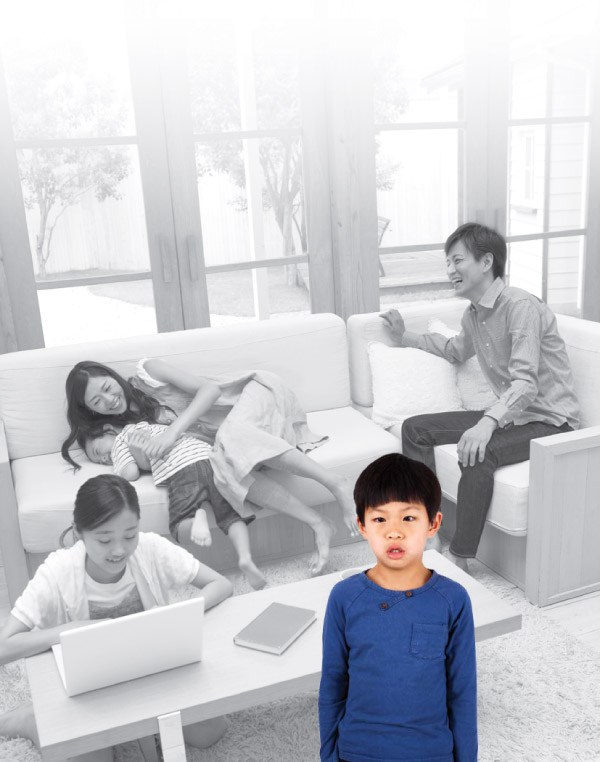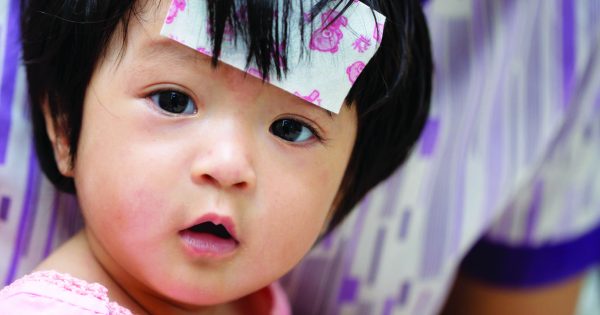Reactive attachment disorder (RAD) is a rare but serious condition. Children with attachment disorders or other attachment problems have difficulty relating to others and controlling their emotions. This results in a lack of trust and self-worth, a fear of getting close to anyone, anger, and a need to be in control. A lot of the time, a child with an attachment disorder feels unsafe and alone.
RAD may develop if the child’s basic needs for comfort, affection and nurturing aren’t met and, loving, caring, and stable relationships with others are not established. Risk factors may include:
- abuse or neglect.
- constantly moving from one foster home to another.
- lived in orphanages.
- taken away from their primary caregiver after establishing a bond.
Children who are severely neglected don’t necessarily develop RAD because most of them are naturally resilient. So it’s not clear why some babies and children develop RAD, research is ongoing to find out more about this mysterious disease.
Recognise Changes In Your Child’s Behaviour
The earlier you spot the symptoms and take steps to help them, the better. Left untreated, RAD can lead to significant emotional and behavioural problems in toddlers and older children.
Infants
- Avoids eye contact.
- Doesn’t smile.
- Doesn’t reach out to be picked up.
- Rejects your efforts to calm, soothe, and connect.
- Doesn’t seem to notice or care when you leave them alone.
- Cries inconsolably.
- Doesn’t coo or make sounds.
- Doesn’t follow you with his or her eyes.
- Isn’t interested in playing interactive games or playing with toys.
Children
- Positive feelings, touch and affection are perceived as a threat.
- Often disobedient, defiant, and provocative.
- Anger may be expressed directly, in tantrums or acting out, or through manipulative, passive-aggressive behaviour.
- Difficulty showing genuine care and may act inappropriately affectionate with strangers while displaying little or no affection towards their parents.
- Fails to show guilt, regret, or remorse after behaving badly.
It’s important to note that the early symptoms of RAD are similar to the early symptoms of other issues such as ADHD and autism. If you spot any of these warning signs, make an appointment with your paediatrician or psychiatrist for a proper diagnosis.
Treatment Options
Treatment is mostly designed to ensure the child has a safe living environment, develops positive interactions with caregivers, and improves peer relationships.
Family therapy. Therapy often involves fun and rewarding activities that strengthens the familial bonds, as well as help the family understand the symptoms of the disorder.
Individual counselling. One-on-one sessions designed to help your child directly with monitoring emotions and behaviour.
Play Therapy. Helps your child learn appropriate skills for interacting with peers and handling other social situations.
Parenting skills classes. Education for parents/caregivers focusing on improving parenting skills and how to effectively intervene in different kinds of situations.
RAD cannot be treated with drugs but doctors may sometimes prescribe medication to manage certain issues like sleeping problems, hyperactivity, depression or anxiety. Any use of drugs is usually partnered with corrective behavioural techniques.
Managing Children With RAD
Parenting a child with RAD can be emotionally trying and physically tiring. Caregivers feel the tremendous stress, especially in the absence of reassurance of a loving connection with the child. The process to treat RAD may take time, it requires a lot of effort and patience from parents/caregivers.
- Have realistic expectations. Overcoming RAD requires time, so take it one step at a time.
- Patience is essential. Remain patient and focus on small improvements.
- Have a positive attitude. Humour is an effective and simple tool to use, to help bring you closer and establish trust with your child. When you exude positivity, your child picks up on it.
- Take care of yourself too. Rest, good nutrition, and parenting breaks help you relax and recharge your batteries so you can give your attention to your child.
- Find support, you’re not alone. Rely on friends, family, or join a support group for parents.
An educational collaboration with Malaysian Psychiatric Association.







Comments